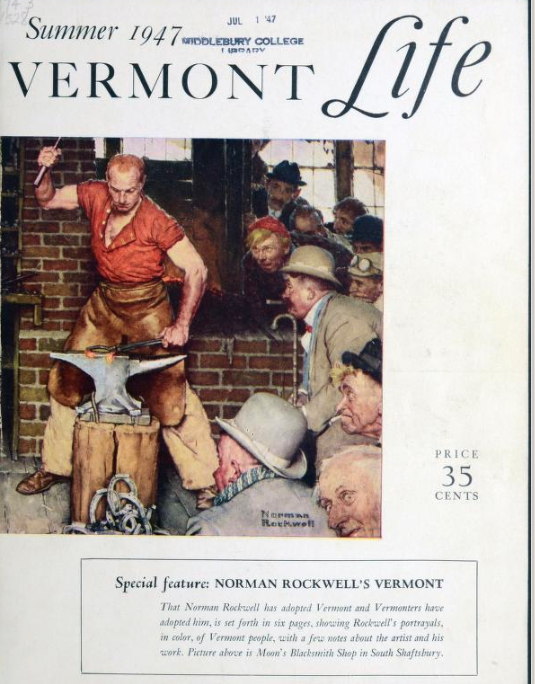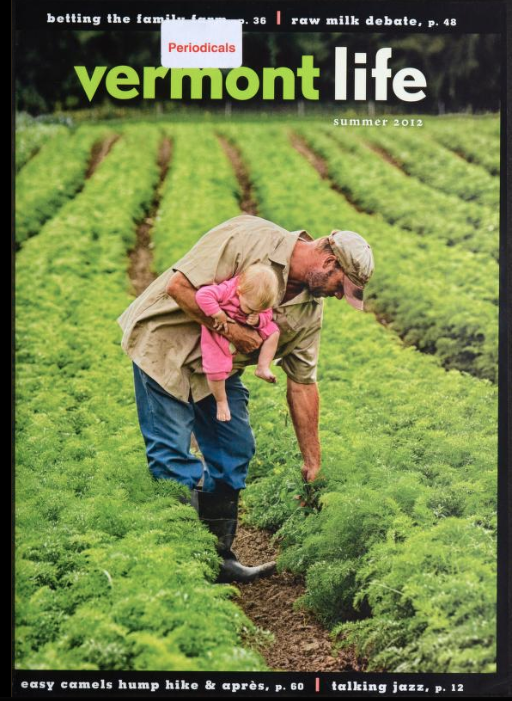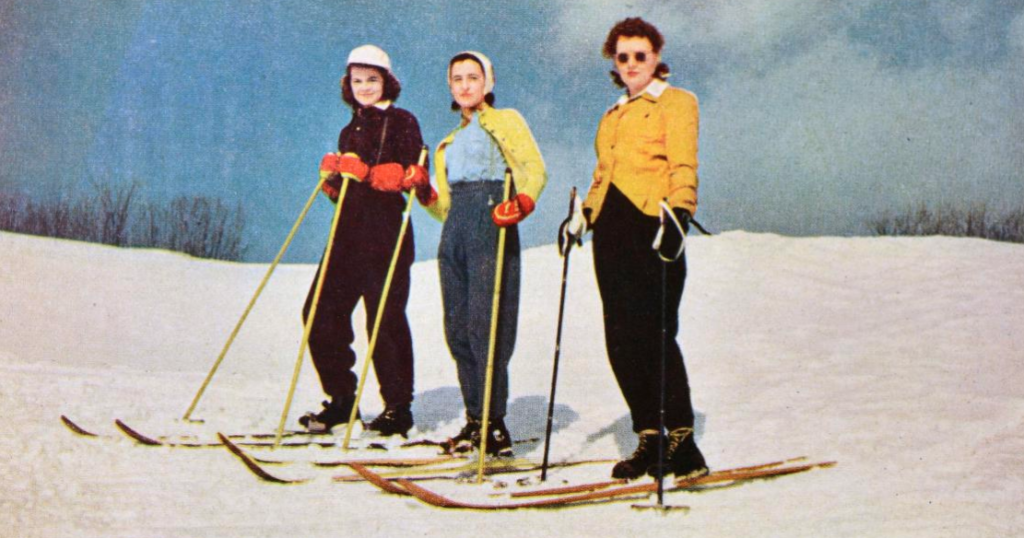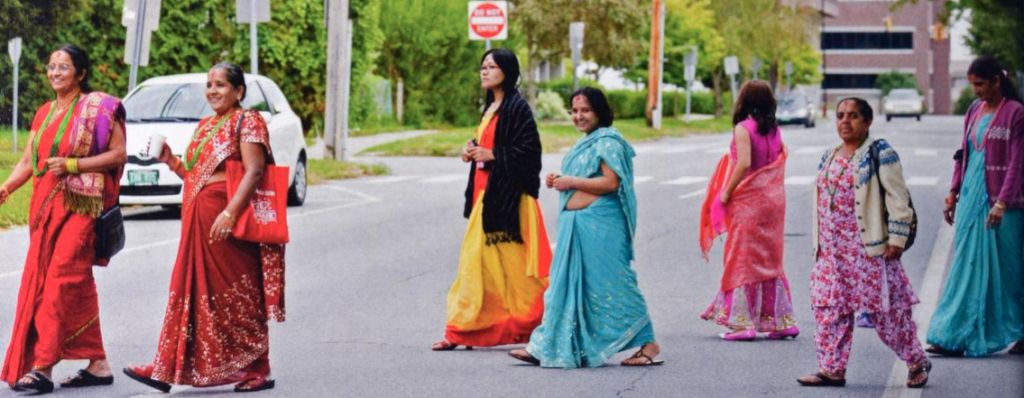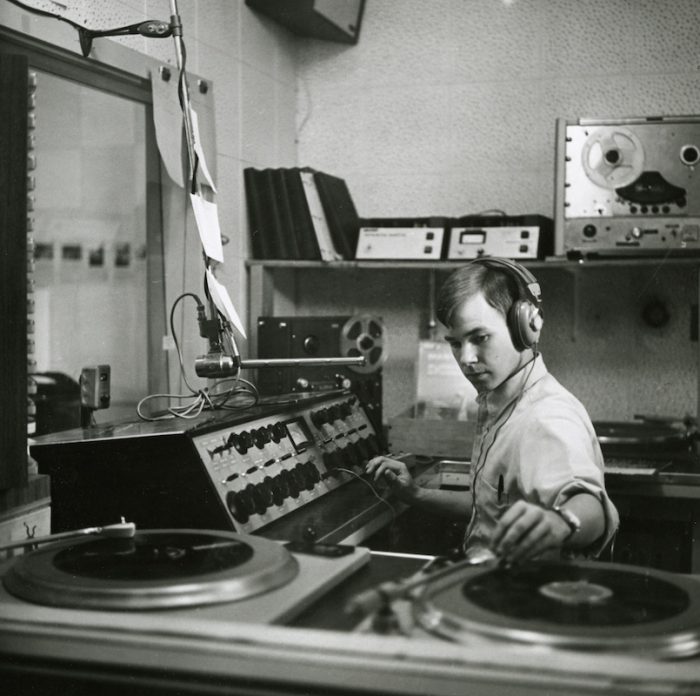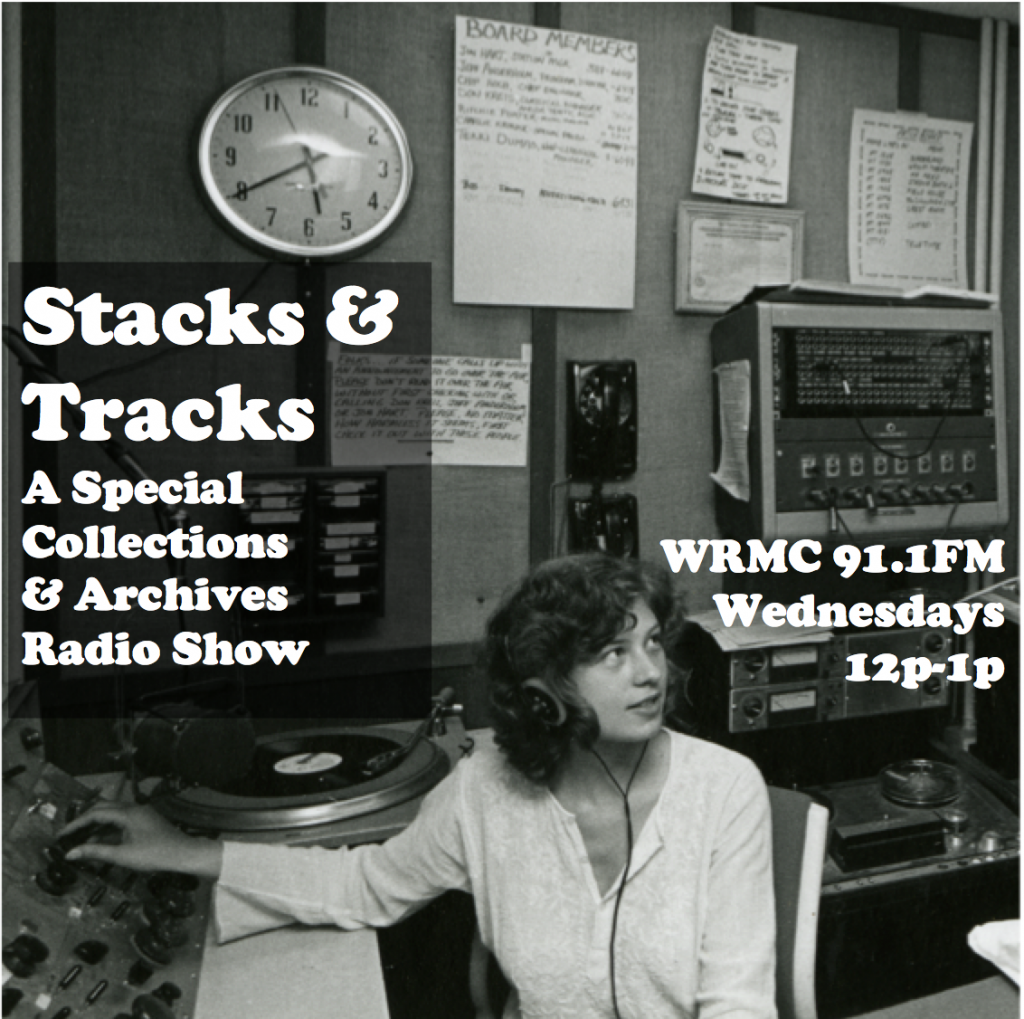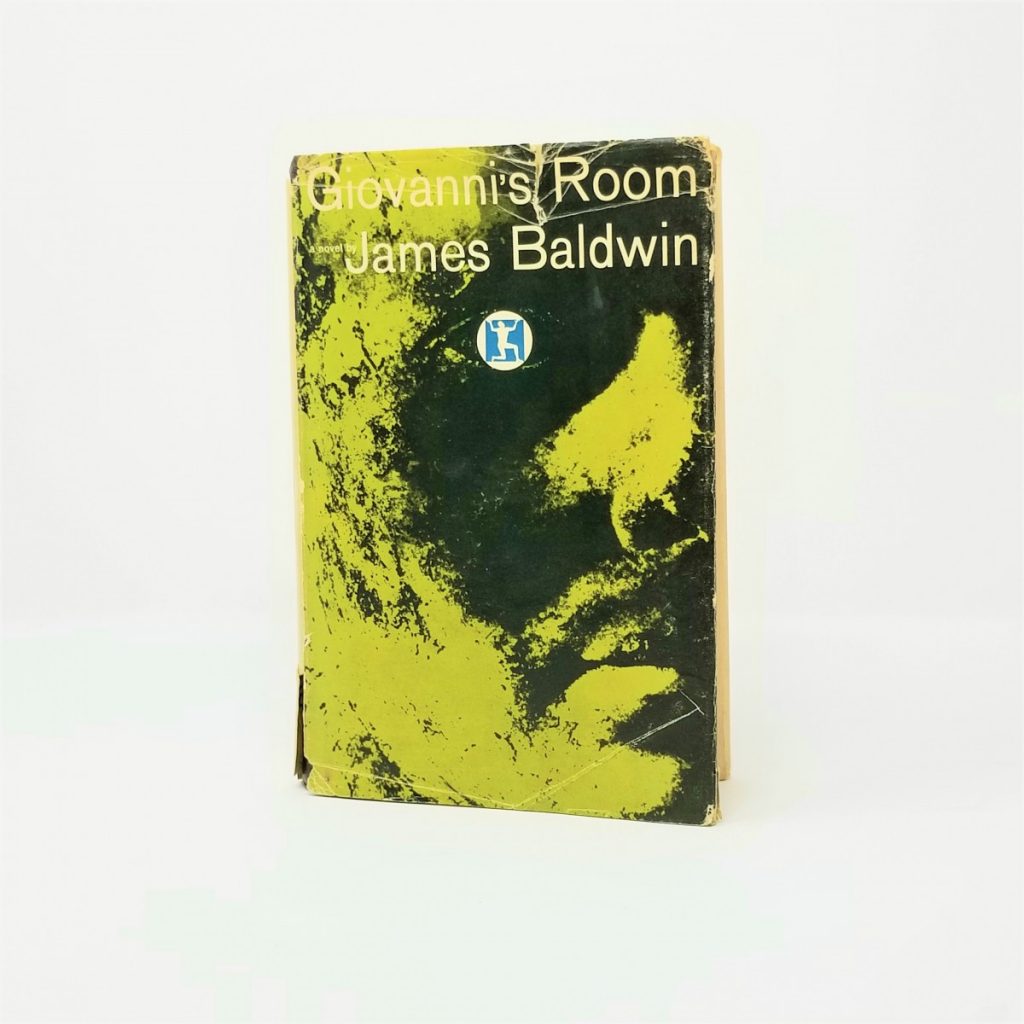
This fall in the Library Atrium, view Special Collections’ new exhibit commemorating the 50th anniversary of the Stonewall riots, an event that sparked the movement for equal rights for members of the LGBTQ+ community.
Curated by Suria Vanrajah ’22, the exhibit presents a timeline illustrating the increased visibility and acceptance of queer literature in America.
On view through fall, with the companion exhibit:
Middlebury College Coming Out: A Foundation for Queer Activism
Depicting Middlebury College’s LGBTQ community in the decades following the Stonewall riots.
Curated by Joseph Watson, Reid Macfarlane, ’21 and Halle Shephard, ’22.
Located on the Library Lower Level.
Questions? Contact specialcollections@middlebury.edu
